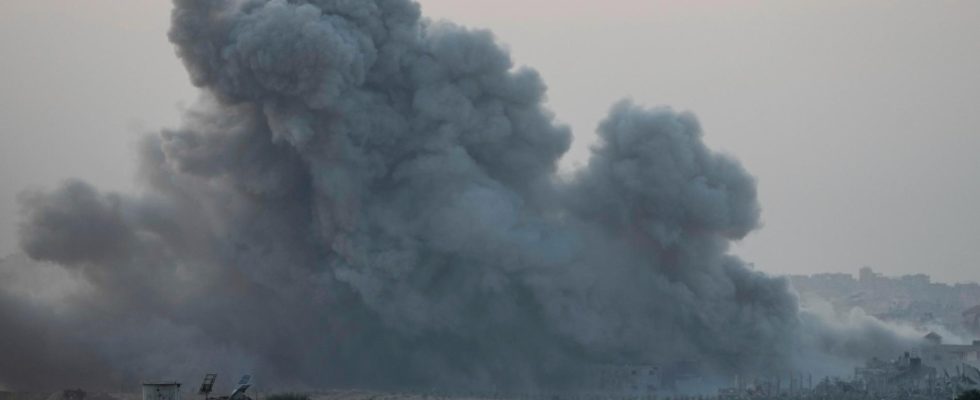Save the article
full screen
Next
Israeli airstrikes attack southern Gaza as ceasefire talks collapse.
1 / 2Photo: Leo Correa/AP/TT
The war in Gaza has entered a new phase as negotiations between Israel and terror-labeled Hamas have collapsed.
– The signals from the US are very clear: Israel cannot bomb southern Gaza in the same way it did in northern Gaza, says political scientist Isabell Schierenbeck.
– It would not have been likely that Israel would agree to negotiate so much longer. Israel had not benefited from a too long truce, says Schierenbeck, professor at the University of Gothenburg.
She states that the last rounds of negotiations held in Doha in Qatar “were very complicated”.
– – I’m not surprised that they crashed. I think there will be new ceasefires in the future, it depends a lot on how pressured the parties are, she says after the official announcement on Saturday from the intelligence service Mossad that the Israeli negotiators are being called home.
With massive new military efforts, Israel appears to be concentrating on targets in southern Gaza, where civilians have previously been urged to flee to avoid attacks.
Sharp tone from the USA
The United States and Foreign Minister Antony Blinken sharpen the tone against Israel and demand that civilians must be protected in the attacks, and that internally displaced persons must be able to return home in the future.
– Israel must listen to the US. It is no longer just Prime Minister Benjamin Neanyahu’s show. There are more people in the war cabinet and Netanyahu also has to deal with his own government.
In the new phase of the war, Israel’s army, the IDF, has among other things sent out maps with text in Arabic to the population of Gaza, where different areas have been marked in detail with numbers. They are to be used to urge civilians to leave areas on foot during the fighting, suggesting Israel is trying to comply with US demands that civilians must be further protected.
Meanwhile, the Islamist extremist movement Hamas is being squeezed, with growing discontent among the population of Gaza. Hamas has also not received the support from the Hezbollah militia in Lebanon or from Iran that one might have expected.
– Hamas is currently the clearest in communicating that they want a continued ceasefire. The best thing for Hamas would be a new ceasefire that is extended in various ways – and that Hamas can then remain in power in Gaza. They understand that they will not win against Israel’s army.
Palestinian leadership
But Israel has explicitly said that the hostages should be freed and that Hamas should be eliminated. There are now discussions about the governance of a future Gaza.
One possibility is a government that is not Hamas but still Palestinian. That is the solution that the US seems to favor. Major financial contributions to rebuilding Gaza could come from Arab states, which could also contribute with transitional forces on the ground. Then Gaza would again be governed by a Palestinian Authority.
– Another possibility is that Israel occupies all or parts of Gaza again, but Israel does not want that. They have left Gaza once before, says Schierenbeck and notes that she has difficulty seeing how the solutions would work in reality.
A crucial question is whether the Palestinians can have a common and credible leadership that is recognized internationally. The Palestinian Authority in the West Bank is also weakened with President Mahmud Abbas approaching 90 and where confidence in the leadership is very low.
– The Palestinian government in the West Bank must therefore also change, says Isabell Schierenbeck.
